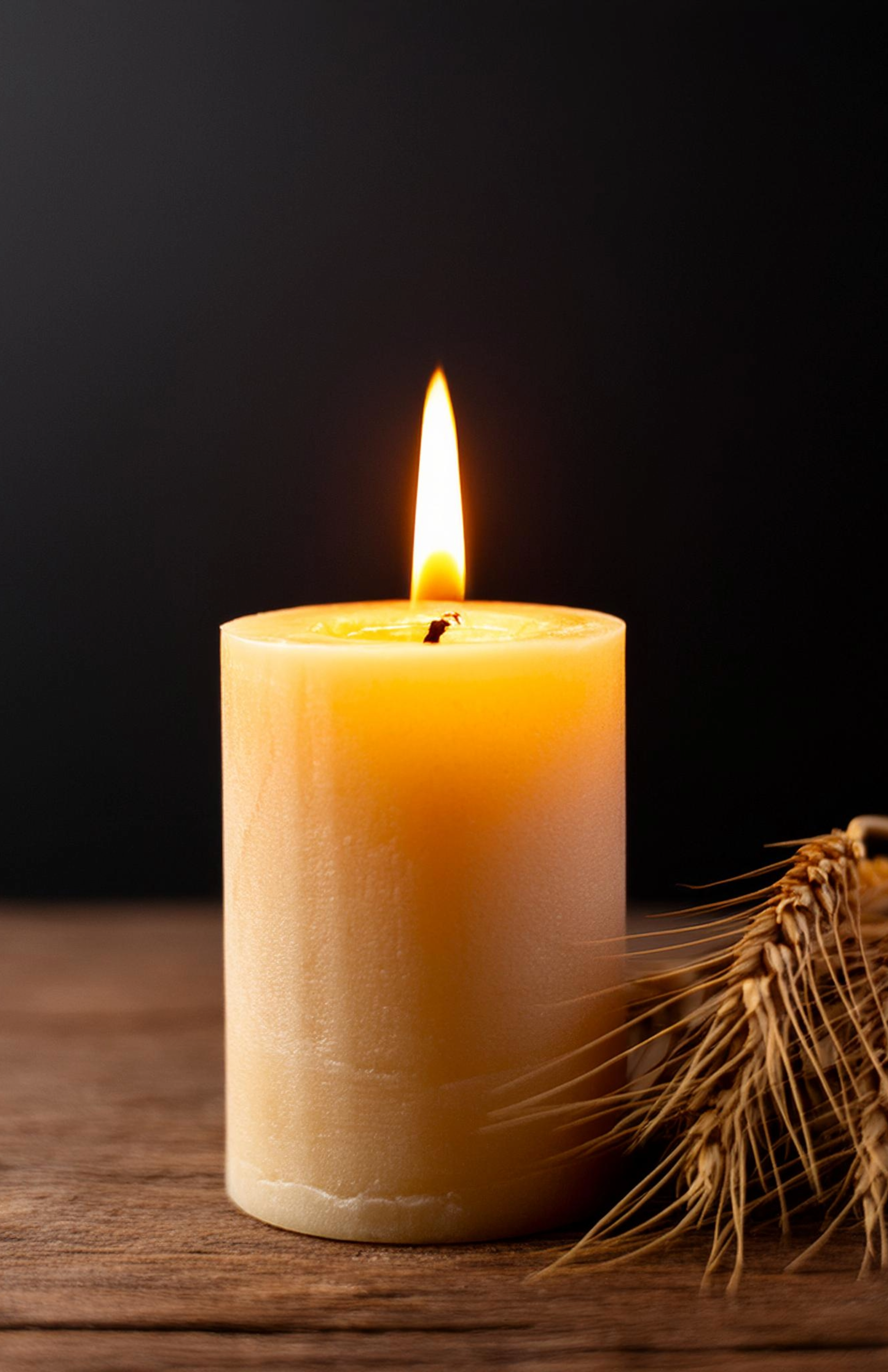April 11, 1994 - The Trail of Tears
On April 11, 1994, a 10-year-old Rwandan refugee witnessed the UN's abandonment of their camp, which led to a deadly march, during which the narrator's uncle and many family members were killed, while the narrator and her sister survived. Later she reflects on the enduring trauma, the critical need to remember, and the remarkable resilience of survivors amidst this tragic period in history.
Read Full Story